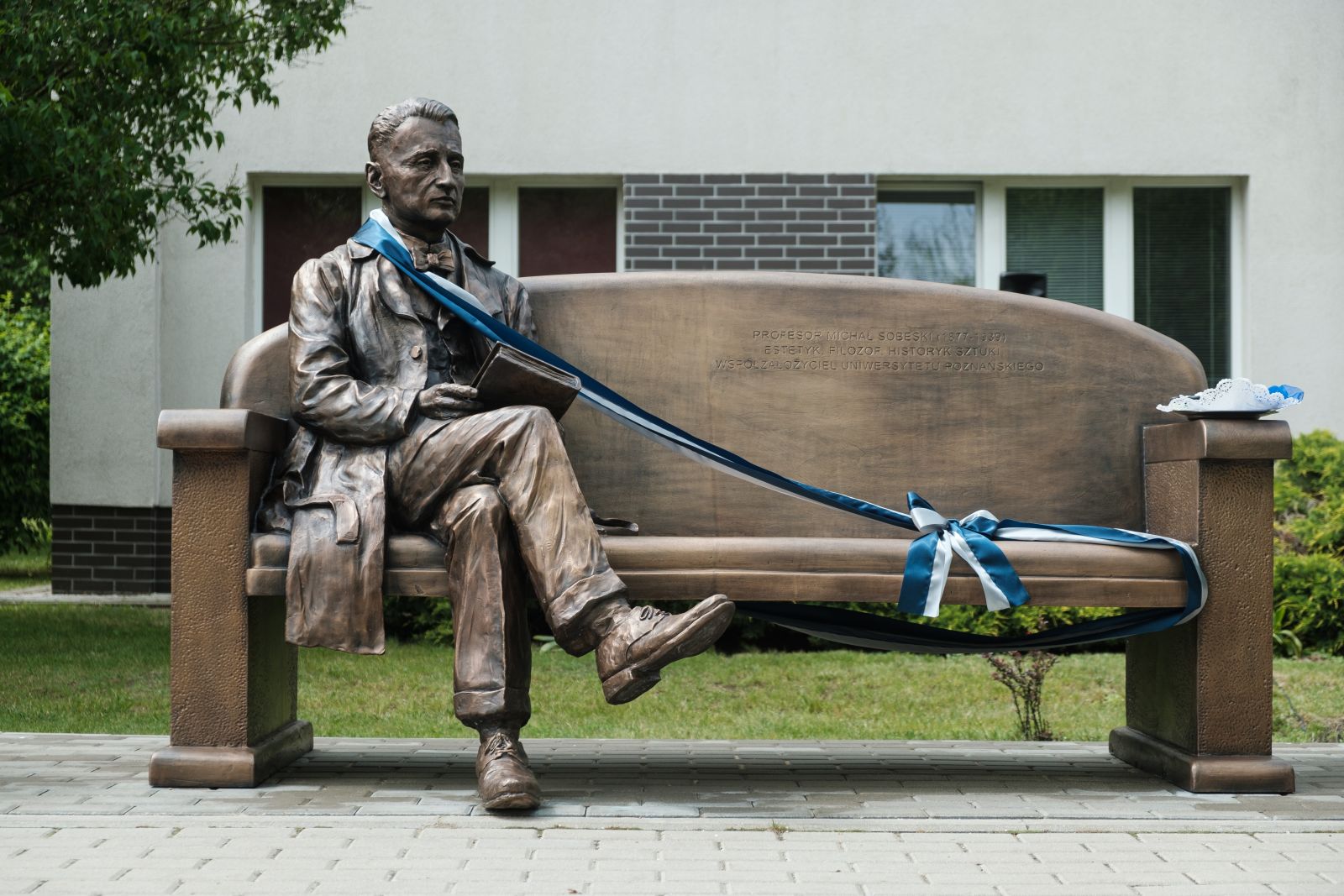Faculty of Philosophy
The Faculty was established in 2019. It originates from former Institute of Philosophy which was launched as a unit in 1970.
It used to consist of three chairs where 22 employees were hired. Nowadays, the Institute has developed significantly: it comprises 14 chairs, where 57 academics are employed.
The scholars published many books and articles in volumes and journals all over the world. They also established international relationships and scholarly cooperation with various foreign institutions.
The diversity of knowledge and skills that students gain at the Faculty prepare them for taking up challenges in a wide variety of areas: public sector institutions, education, culture, media, advertising and business.
Within the Faculty’s structure a Centre for Transdisciplinary Research on Lay Judges and Courts DIKASTAI is working actively. One of the Centre’s projects is constructing of The Code of Ethical Conduct for Lay Judges.

Main areas of research:
Philosophy and methodology of natural science
Idealization in science
Rationality
Theory of communication
The role of procedures of interpretation and modeling in science and philosophy
Mathematical Logic
Realism – antirealism controversy
The role of non-casual (functional, genetic, subjective-rational) kinds of determination in development of science
Problems of theory – experiment relation
Postmodern concept of knowledge
History of philosophy
Ways of functioning of culture in various societies
The contemporary German Philosophy
Faculty units:
Department of Political and Social Philosophy
Department of Philosophy of Science
Department of Aesthetics
Department of Ethics
Department of Epistemology and Cognitive Science
Department of Didactics of Philosophy and Social Sciences
Department of Philosophical Anthropology
Department of Philosophy of Civilization and Technology
Department of History of Philosophy
Department of Theory and Philosophy of Communications
Department of Logics and Methodology of Science
Department of Philosophy of Culture
Department of Research on Ancient and Byzantine Philosophy
BA and MA Full Time Study Programs
The Faculty offers one major field of study: Philosophy (Specializations: Public Life, Social Communication, Ethics, Knowledge Management) in Polish.
Students and faculty members take part in many projects that aim to support community relations in and around the city of Poznan and the region. The Students’ Research Club, the Students’ Self-government, student and alumni associations, and informal student initiatives, organize scientific conferences, edit scientific journals for students, and carry out activities aimed at community building.

Centre for Transdisciplinary Research on Lay Judges and Courts DIKASTAI
The DIKASTAI centre which is a part of the Faculty activity:
- performs comparative research of different models of lay adjudication (para-legal or non-legal professionals delivering verdicts in court) in Europe and worldwide
- performs original research to determine what works (and what doesn’t) in Polish system of justice, and provides expert assistance to the reform process of the judicial system, especially supporting all initiatives to broaden and deepen the citizens involvement in the exercise of justice.
- provides hands-on, expert assistance to citizens’ associations aiming at improving the institutions of lay participation of citizens in the exercise of justice.
- is dedicated to disseminate information concerning lay adjudication through educational programs and public outreach.
